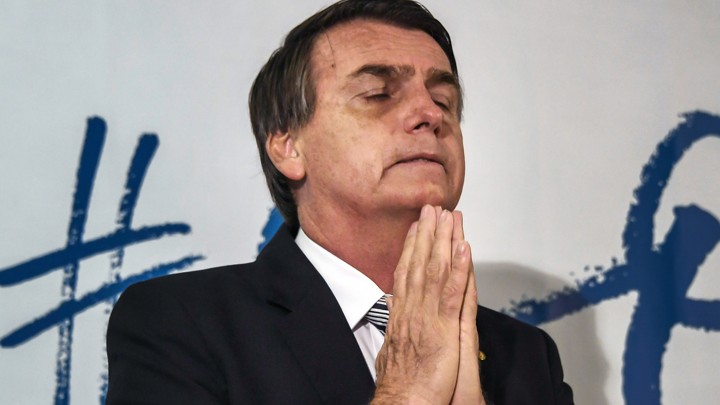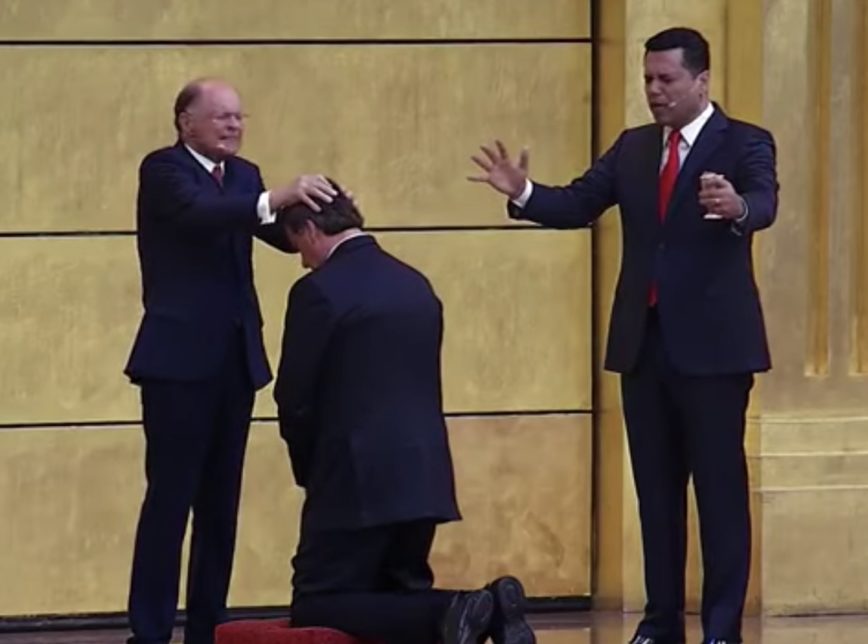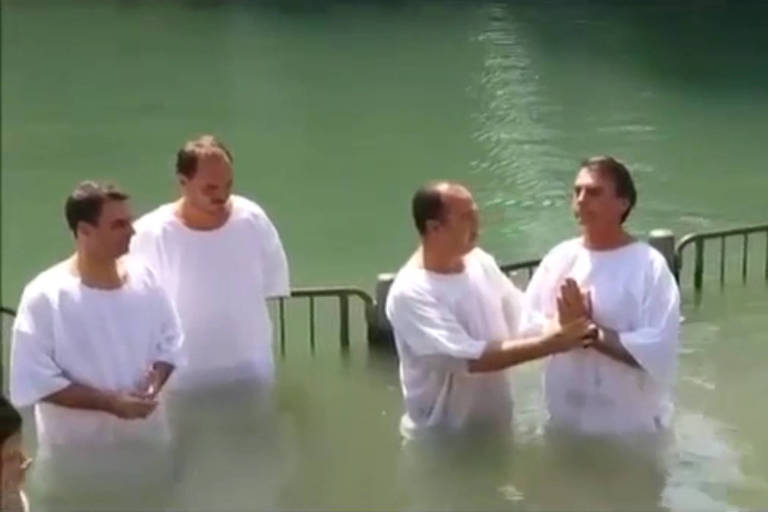RIO DE JANEIRO, BRAZIL – President Jair Bolsonaro intends to implement an electricity bill subsidy for large religious temples. At his request, a draft decree was drafted by the Ministry of Mines and Energy and sent to the Ministry of Economy, but the measure caused strong friction in the government.
The economic team rejects the measure, which goes against the agenda of Minister Paulo Guedes, known for advocating the reduction of benefits of this type. The Ministry of Mines and Energy confirmed that the matter is being assessed.

Although the intention is to benefit religious temples generally, the evangelicals are the target of the measure. The congressional bench of this persuasion is today the main basis of support of the government, and Bolsonaro has been meeting its demands since taking over the presidency. The influence of evangelical leaders on the Planalto Palace is increasing and the president himself has already said he intends to have them closely involved in the administration.
With this perspective, many evangelical temples have already announced their willingness to help Bolsonaro collect the almost 500,000 signatures needed to found his new party, the Alliance for Brazil.
Bolsonaro has also advised that he intends to appoint a “deeply evangelical” minister to the Federal Supreme Court (STF). The evangelicals represent 29 percent of Brazilians and may be the deciding factor in a Bolsonaro campaign for re-election in 2022.
Coordinator of the Evangelical Parliamentary Front, legislator Silas Câmara said the granting of subsidies on the electricity bill for religious temples is “fair” and has a “minimal” impact.
According to Câmara, the measure will not only benefit evangelicals, but all churches that do not generate profit. “Religious temples only operate from 6 PM to 11 PM and it is precisely at that time that the distributors charge more,” he said. “Close all 300,000 churches in Brazil in one day to see the social and security impact the next day.”
Another member of the evangelical bench, Sostenes Cavalcante argued that all help to temples and philanthropic institutions given by the government, “will always be very welcome”.

The subsidy on the electricity bill is not the first measure planned by Bolsonaro to maintain evangelical support. With the president’s endorsement, Congress approved a project guaranteeing tax incentives for churches until 2032.
By decree, he also covered the agenda favoring people with disabilities, one of first lady Michelle Bolsonaro’s priorities, freeing churches to make adaptations for accessibility in areas destined for the altar and the baptistery.
The discussion began last year
Discussions on creating greater favors to churches began at the end of last year. The government’s goal is to lower the power bill for consumers connected to high voltage – i.e. those in greatest demand, such as cathedrals and basilicas.
Residential consumers and small businesses are connected to low-voltage and therefore pay a tariff at the same rate, regardless of the time of day. Larger buildings, such as supermarkets and shopping malls, are connected to the high-voltage networks and pay more expensive tariffs at peak consumption times.
Each distributor has its own peak time, which lasts three consecutive hours and is usually between late afternoon and early evening on weekdays. At Enel São Paulo, it is from 5:30 PM to 8:30 PM. At these times, energy consumption may be 50 percent higher, and usage rates go up 300 percent – the goal is to shift demand to less congested times. It is precisely during this period that evangelical temples hold services.

The largest temple of the Universal Church of the Kingdom of God, the Temple of Solomon in São Paulo, celebrates daily services in the morning, afternoon and evening. The celebrations on Mondays at 6:30 PM and Tuesdays to Fridays at 8:00 PM fall into the most expensive schedule.
According to the draft decree being studied by the government, temples would pay cheaper rates at peak time, equal to those charged during the day. The amount they would stop paying, however, does not “disappear”: it will necessarily be paid by someone else.
Since 2015, the Treasury has not paid any subsidies in the electricity sector. To pay for this, it would be necessary to cut another one in the same amount. For this reason, the alternative being studied for these benefits is that they are financed by other consumers – both residential and free, via a charge called the Energy Development Account (CDE).

